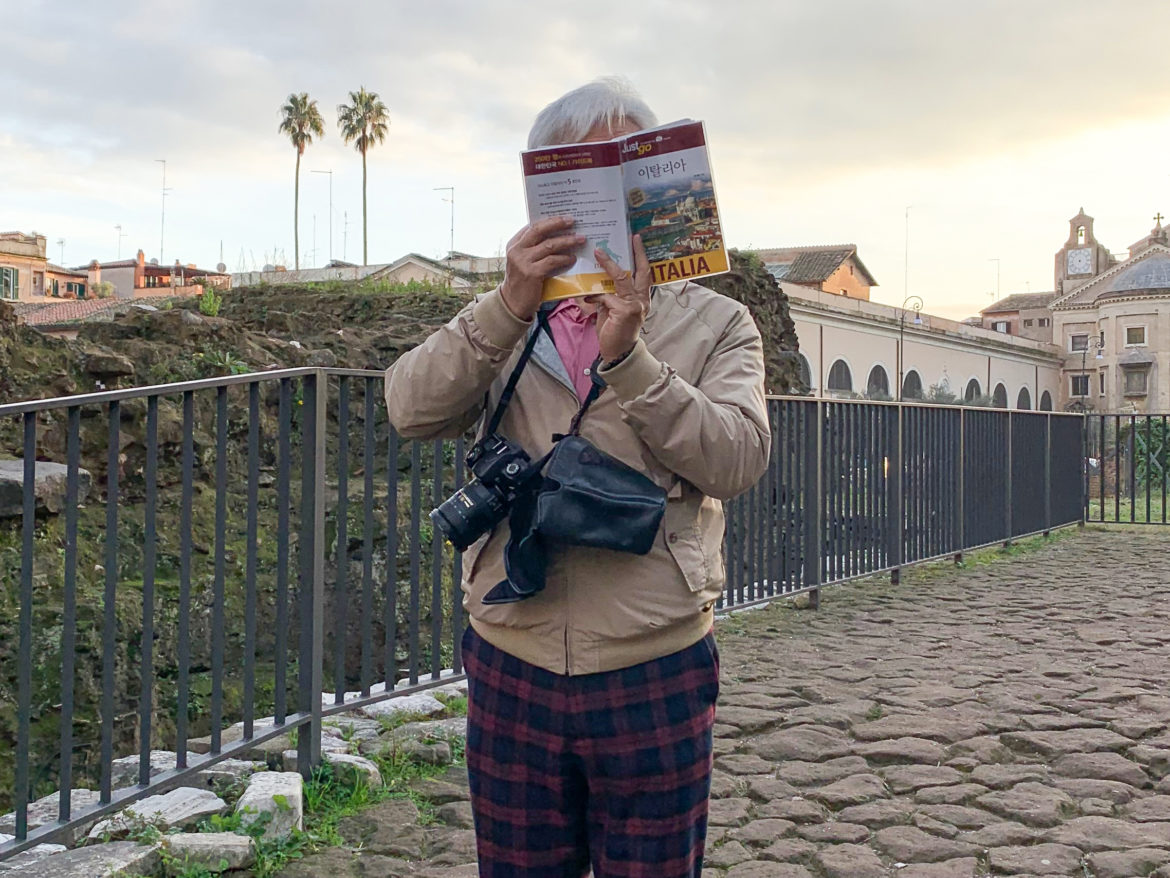Why does the so-called “best” country in the world seem to be the worst at a lot of things?
No doubt the United States leads the world in many aspects like access to clean drinking water, an uncensored Internet, and the right to free speech. As U.S. citizens, we recognize how fortunate we are to live in a country where we have many freedoms. And everyone, no matter their gender, race, sexual orientation or economic class, has the right to Life, Liberty and the pursuit of Happiness.
It’s no wonder a vast majority of Americans believe there’s no better place to live. But after traveling to more than 50 countries across six continents, we’ve started to view our homeland from a distance. From the perspective of a foreigner – one who is a bit more objective.
While we may be the leader of the free world, the U.S. is falling behind in many areas.
We boast about having the largest economy in the world, but our income inequality continues to grow. Despite having the top medical schools, we’re the only high-income nation to lack universal healthcare. We also pay significantly more for privatized healthcare, but consistently have the worst outcomes. Our right to bear arms has led the United States to have a homicide rate 25 times that of other high-income countries. Despite our claim as a progressive, forward-thinking country, we still haven’t ratified the Equal Rights Amendment to ensure women are treated equally and have access to the same opportunities.
And the list goes on.
No country is perfect. But for a country that strives to “form a more perfect Union, “we could probably take a cue from the rest of the world.
Nowhere is our inadequacy more apparent than how Americans live life.
When it comes to the typical American lifestyle, it doesn’t take long to understand why we’re more depressed and miserable as ever.
Our culture is currently in a stress-induced state of constant “busyness.” It started in the 1980s with the unprecedented growth of corporations. The era that created more wealth, more work, more consumerism and yes – more busyness.
Professionally, Americans put in well over the standard 40 hours a week. Personally, we run from one activity to the next. And in between, we document every nano second of our lives on social media.
But ironically, busyness isn’t a sign of mixed up priorities, it’s somehow become a badge of honor.
It’s become a perfectly acceptable excuse to bail on most anything. It prevents us from seeing our family and friends, going on vacation – even taking time for ourselves. A response of “I’m busy” used to be a bit callous – perhaps even rude. Now, it invokes admiration (“you must be important”) and empathy (“I’m busy too!”)
Busyness is particularly troublesome because it’s often contagious. It spreads like a virus, even to those who don’t think they’re susceptible. Suddenly, Americans find themselves, consciously or unconsciously, saying they’re busy just so they fit in. They don’t want to appear lazy, unproductive or worse, abnormal in a society obsessed with being busy all the time.
But striving to the ideal of “busy” is not normal. Each time we return from a trip, we’re painfully reminded of our country’s affliction.
In our quest to be busy, we’re forgetting to prioritize actual living.
On our most recent trip to Rome, we realized that indeed, many Americans misplace what’s really important in life.
Rome is a city that prioritizes food and family. Essentially, eating well and loving well. Corrupt politics and a trash debacle aside, the Romans (and frankly, all of Europe) simply know that living in the here and now is what’s important. In observing everyday details, we quickly picked up on cultural norms that prove Rome focuses its attention on what matters most.
No matter what time it is, you’ll encounter people eating gelato. At €2.50 a cone, this affordable bite of happiness truly encapsulates the phrase of “living your best life.” It’s simple, cheap and something that most everyone enjoys. We once saw a couple jog barely a quarter mile in a park before plopping down at a nearby cafe to each enjoy a huge bowl of gelato at 10 o’clock in the morning.
La Passeggiata, the evening stroll is a wonderful Roman ritual.
Every night, locals gather to participate in this quintessential see-and-be-seen event. The idea behind it is community. People of all ages – couples, families, seniors, children – meander down Via del Corso in the historic center. They enjoy the fresh air and catch up on the day’s events, all while getting in some pre-dinner movement. And it happens every single night.
No one’s in a rush to get home, shut out the outside world, sit on the couch by themselves, and catch up on the latest Netflix episode.
Every day, Romans are out and about celebrating life and one another.
And then there’s the food. Mealtime in Rome is a sacred event lasting hours. When people make a reservation at a restaurant, they can linger as long they like. There’s no urgency to turn over tables to make more of a profit. The idea is to sit, converse and enjoy. It’s the exact opposite of busyness.
We noticed that hardly anyone is on their smartphones while dining. Instead, people are engaged with one another, telling stories, laughing, and in general, being present. Because… well, that’s the point.
Next time the urge to say “I’m busy” comes along, stop and consider what the Romans might do. Who knows? Maybe once we Americans start getting our priorities straight in un-busying our life, we’ll change the norms here, and eventually, improve our culture for the better.

